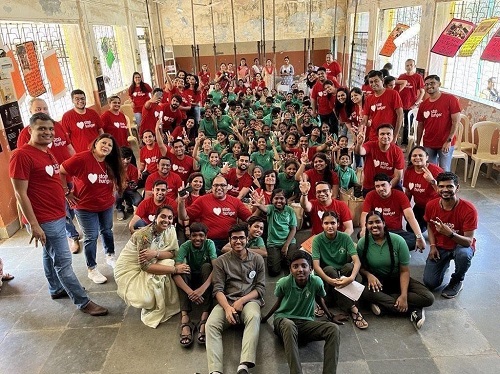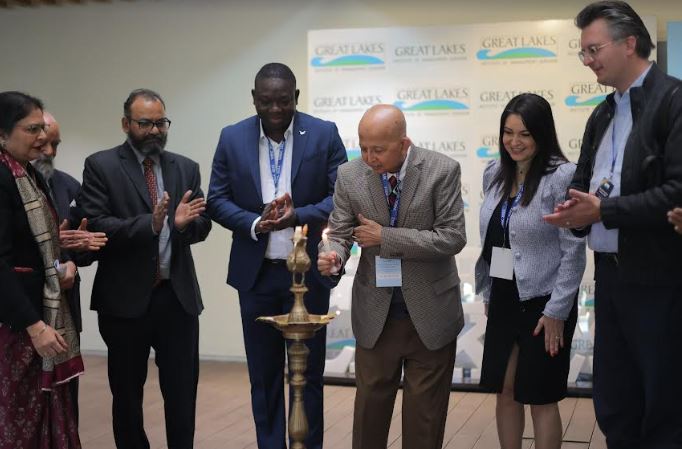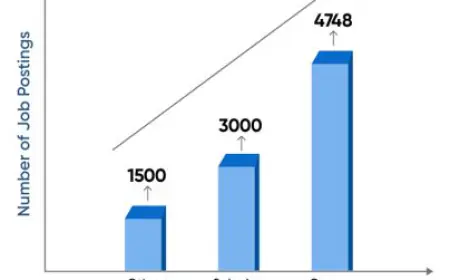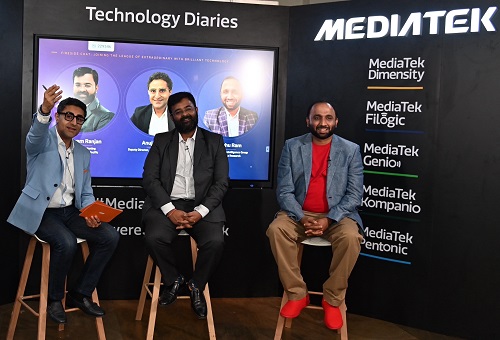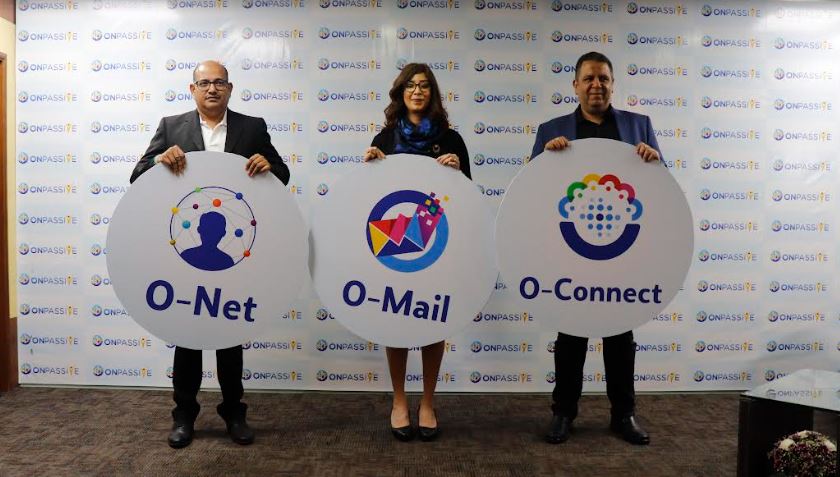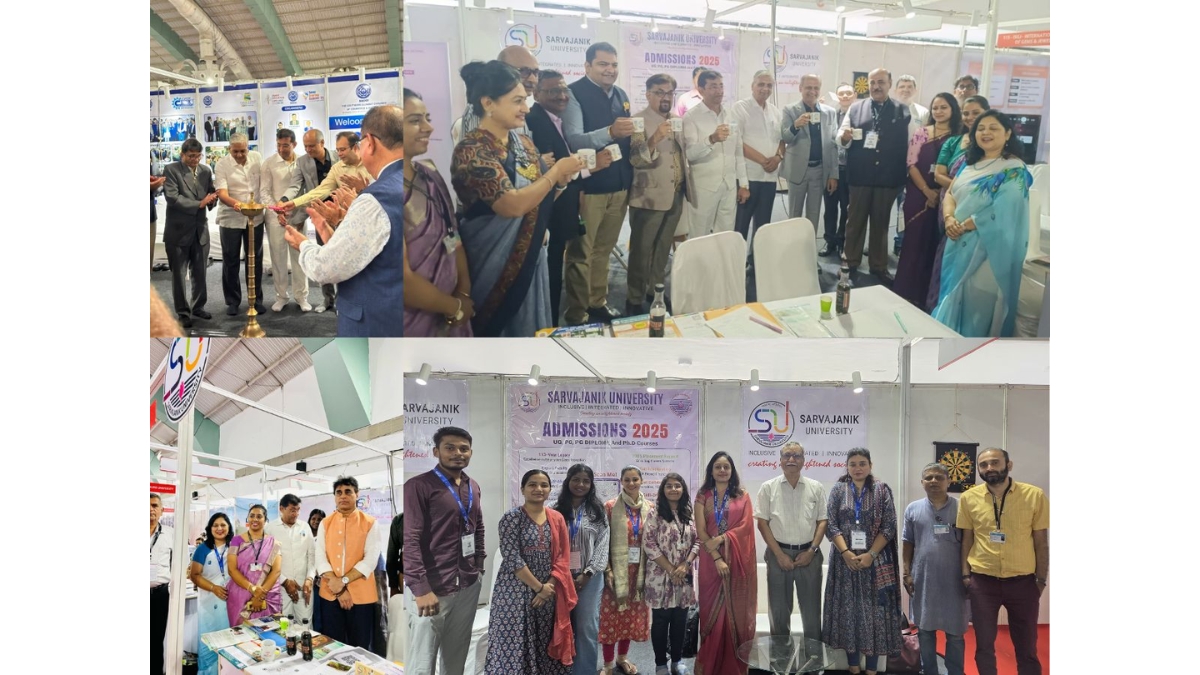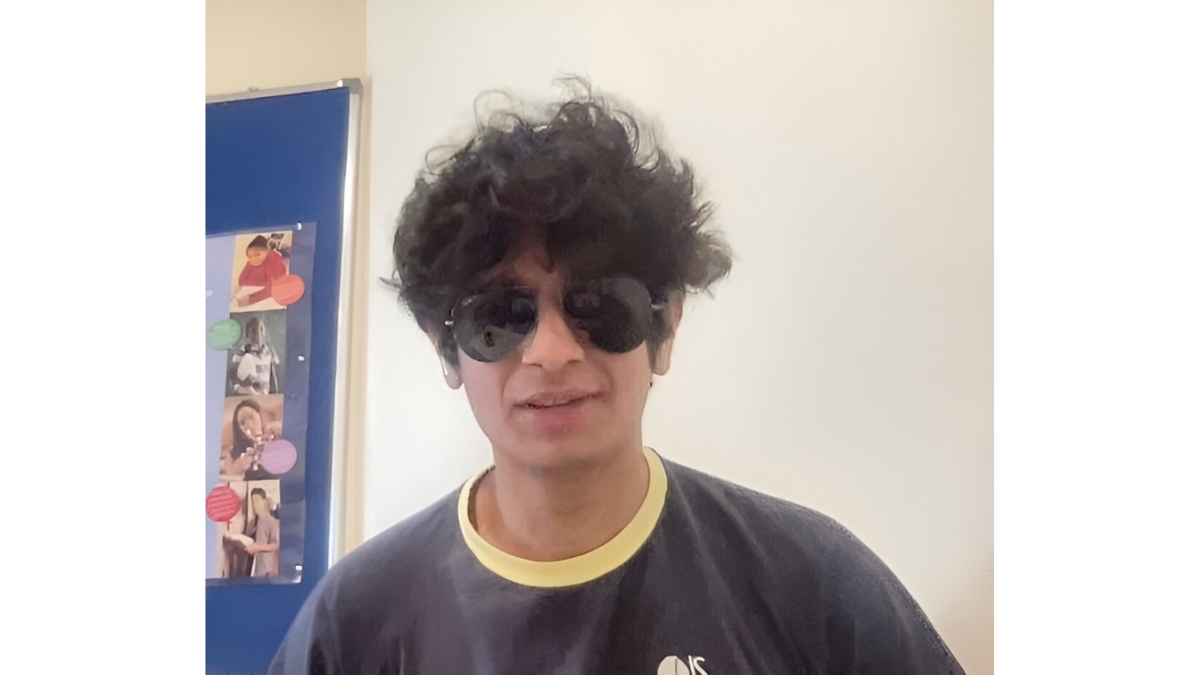KnowDis & IIT Delhi collaboration to accelerate drug discovery using AI


The team of scientists and researchers in the KnowDis-IIT Delhi collaboration for AI-driven antibody design.
The Machine Learning team at KnowDis & IIT-Delhi’s Department of Chemical Engineering have joined hands to solve a critical problem of drug discovery for neurodegenerative diseases such as Alzheimer’s disease and Parkinson’s disease. This collaboration aims to develop cutting edge Artificial Intelligence models which could discover potential antibodies essential for treating brain diseases.
The Human brain is an astonishingly complex and fascinating creation. It is the control center for the entire body and is responsible for everything from breathing to thinking to feelings. Thus, finding a cure for brain diseases is one of the biggest challenges in medical science. The confluence of KnowDis & IIT Delhi brings a multidisciplinary team together to accelerate drug discovery with AI.
What happens when something goes wrong with the brain?
Because the brain holds such immense power, a malfunction in it inevitably affects day-to-day activities, emotions, and feelings of the person. Often, the impact is so great that it can dramatically affect the quality of life. For example, Alzheimer’s disease (AD) and Parkinson’s disease (PD) are among the most prevalent age-related neurodegenerative disorders.
The curious case of alpha-synuclein and antibodies
Alpha-synuclein is a protein found in high quantities in the brain, and is thought to play a role in nerve signaling.
In some disease states, alpha-synuclein molecules start coming together to form large aggregates. These show up as insoluble deposits in the brain. Diseases where this happens include Parkinson’s disease, certain types of dementia, and Alzheimer’s disease. Thus, they are collectively called synucleinopathies.
A possible way to prevent the unusual aggregation of alpha-synuclein is to design drugs that would bind to molecules of alpha-synuclein at various stages of aggregation. The binding of the drug would disrupt further aggregation, and possibly break up the aggregates already formed.
Antibodies are a naturally occurring class of proteins which help the human immune system to hunt down invaders, such as disease-producing bacteria. Antibodies are custom designed by nature to bind to specific targets—to be precise, an antibody binds to an antigen, which is a molecule on the surface of the pathogen. Therefore, an antibody designed to bind to alpha-synuclein aggregates could become a treatment for synucleinopathies.
However, the process of designing and producing antibodies is time-consuming and expensive. If a computer program could predict which antibodies would bind to alpha-synuclein aggregates, this would be of tremendous value in channeling laboratory work, potentially saving a lot of time and resources. Using AI, one can also design new antibodies which do not occur in nature.
KnowDis & IIT-Delhi collaboration: AI for drug discovery
Computer aided design of new antibodies against specific antigen targets requires expertise in molecular biology, protein chemistry, and artificial intelligence. KnowDis and Prof. Gaurav Goel’s laboratory at the Department of Chemical Engineering at IIT Delhi have teamed up to create such a synergy. Coincidentally, KnowDis founder Saurabh Singal and Prof Gaurav Goel both hold BTech degrees from IIT Delhi.
The collaboration aims to develop an algorithm based on Artificial Intelligence that will predict, with high-throughput, antibodies effective in binding to alpha-synuclein aggregates. Development of such a high-throughput algorithm will be advancement over the current algorithms, which are much slower. The end goal of the algorithm would be to narrow down the antibody candidates that have a much higher chance of being experimentally validated. This will result in medicines becoming more affordable. This will also lead to quicker development of effective therapies for synucleinopathies, reducing the long wait for a treatment.
This novel approach to antibody design using AI will benefit humanity.
Hot Field
Antibodies can be computationally tailored as drug candidates at a fraction of time and resources that would be needed in a wet-lab experimental setting. Several pharmaceutical companies are only now beginning to adapt to this altered landscape of drug discovery. The trend has been spurred by the recent advances and successes of AI algorithms applied to protein structure prediction and design.
AI-based drug discovery is expected to grow steadily with a projected market volume reaching 1.4 billion dollars by 2024, while the overall antibody market is set to exceed 300 billion dollars by 2025. Several well known tech and pharma companies such as Google, Nvidia, AstraZeneca, and Novartis are foraying into this space by establishing long-term collaborations with startups and spin-offs from academia. Numerous startups have attracted multi-million dollar VC funding to develop AI-driven drug discovery platforms for the biotherapeutics of tomorrow.
KnowDis is an AI products company founded by Saurabh Singal, a computer scientist from IIT Delhi and Carnegie Mellon.
KnowDis has built and deployed AI applications specially catered for the fast-growing E-Commerce domain. Its Deep Learning models are empowering IndiaMART’s B2B platform.
KnowDis and its team of researchers are not new to the field of using AI for the biomedical domain. They have previously worked on applying machine learning for analyzing drug efficacy; a Computer Vision based application for use in hospitals; and Deep Learning based programs for binding affinity and in silico drug discovery and design.
In collaboration with the School of AI at IIT Delhi, KnowDis organizes a prestigious annual Machine Learning conference which includes themes that explore AI applications in Drug Discovery and Genomics.
Dr Gaurav Goel and his team at the highly reputed Chemical Engineering department at IIT Delhi works on developing multiscale simulation models for investigating picoscale to microscale dynamics of soft matter systems to enable determination of their stability, morphology, and dynamical properties. A particular focus is on carrying out an end-to-end investigation to understand synergistic interactions in multi-component and multiphase systems leading to computer-aided design of novel product formulations for specific target properties.
Some recent and ongoing applications involve development of biotherapeutic formulations with acceptable high temperature stability, a sustainable packaging solution involving biopolymer blends with high oxygen and vapor barrier, and conducting polymer-based materials with high energy density and good cyclability.




























